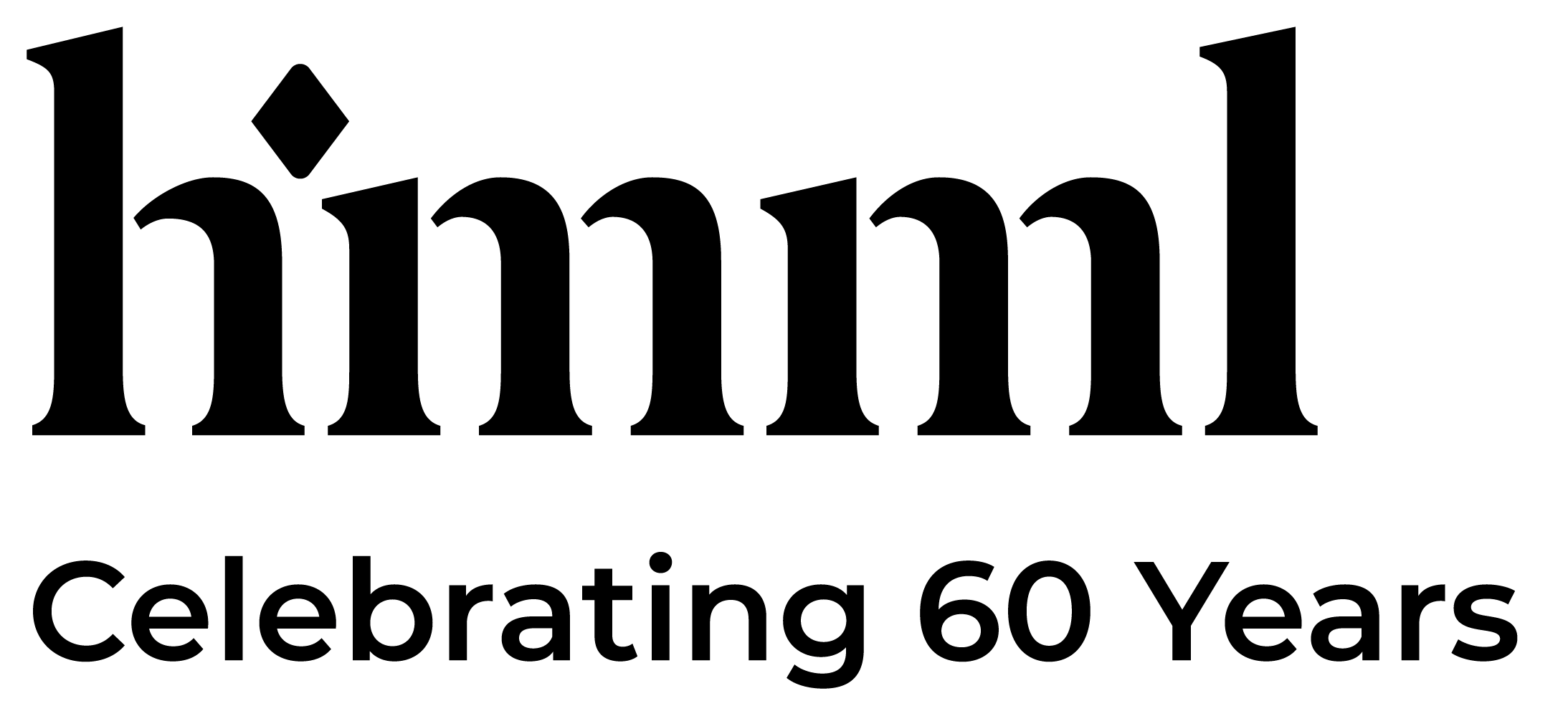Tantra Vidyā Pīṭham: HMML Repository
Tantra Vidyā Pīṭham
This is a collection of palm leaf manuscripts from the Tantra Vidyā Pīṭham in Aluva, which also includes manuscripts from the renowned family of Mīmāṃsā scholars - Payyūr Bhaṭṭas of Porkulam. It was digitized by the Digital Preservation of Kerala Archives Project (DiPiKA).
- Collection
- Buddhist Hindu
- Country
- India
- City
- Aluva
- Repository
- Tantra Vidyā Pīṭham
- Project Codes
- DKA 005
- Project Numbers
- DKA 005 00001-00025
- Type
- Digital
- Objects Preserved
- 51
- Active Catalog Records
- 0
- Digital Surrogates
- 51
- Date Preserved
- 2024-2025
- HMML Authority File
- https://haf.vhmml.org/organization/257674703369
- Languages
- Sanskrit, Malayalam, Tamil
- Preservation Status
- Complete
- Cataloging Status
- In progress
Repository History
Tantra Vidyā Pīṭham was established in 1972 in Thirunavaya by P. Madhavji, a leader of the social and spiritual renaissance, with the aim of reviving and preserving the Tantric tradition of Kerala. The institution was founded with the support of renowned Tantra teachers and the blessings of His Holiness Swami Jayendra Saraswathi, the 69th Pontiff of the Kanchi Kamakoti Peetham. Initially, the school operated from Thirunavaya before moving to Chowannoor Sabha Madham and eventually relocating to Aluva, where it is currently situated. Under the guidance of P. Madhavji and Brahmashri Kalpuzha Divakaran Namboodiripad, a comprehensive seven-year curriculum was designed, which remains the foundation of the school’s academic offerings. The institution also houses a library located on the banks of the Periyar River, which holds modern publications as well as valuable palm leaf manuscripts. The manuscript collection contains rare Mīmāṃsā works, that belonged to the family of Payyūr Bhaṭṭas of Porkulam. It includes such unique texts as Kāśikātīkā, Nyāyasudhā, and Ajitā.
Project Description
DiPiKA is a collaboration between the Vadakke Madham Brahmaswam (Vedic Research Centre) in Thrissur, the École française d’Extrême-Orient (EFEO, Paris and Pondicherry), the Hill Museum & Manuscript Library (HMML, Collegeville, Minnesota), and the Centre for the Study of Manuscript Cultures (CSMC), University of Hamburg. The project is funded by Arcadia for a period of five years. The project aims at preserving the rich and highly endangered written cultural heritage of Kerala. It surveys and digitizes palm-leaf and paper manuscripts kept in private collections across the state. The digitized collections will be fed into a digital repository, thus forming an online archive of Kerala manuscripts that will be openly accessible. This will facilitate its use by scholars and private owners, thereby also fostering further local initiatives to safeguard historical written artifacts.
